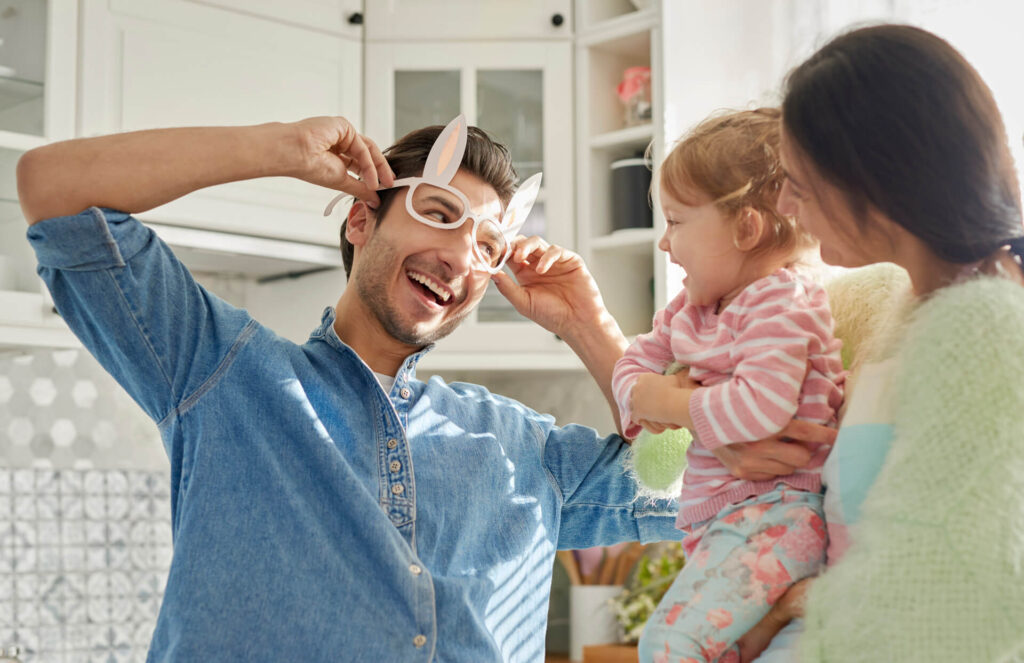What is myopia?
Myopia is more commonly known as nearsightedness. This condition is a refractive error and occurs when the eye does not properly focus light on the retina. The retina takes light and transmits it into signals, which is how the brain can form visual images. When this process is distorted by improper refraction, vision becomes blurry.

Myopia symptoms
While the most common symptom of myopia is blurry vision, patients may experience other symptoms as well, including headaches, eyestrain, squinting, and difficulty seeing distant objects. While these symptoms may sound minor, they can easily get in the way of a productive day or a child’s ability to learn. If you or your child are experiencing any of these symptoms, come in for an eye exam as soon as possible.
Diagnosing myopia at our Carlsbad office
Our doctors will check for signs of myopia during a comprehensive eye exam. First, they will use a standard visual acuity test and have you identify letters on a chart. If it is determined that you have myopia, our doctors will then perform further tests to identify the cause, including a retinoscope exam and a phoropter exam.

Myopia treatment
Glasses and contact lenses are the most common way to treat myopia. The contact lenses and lenses of glasses serve to properly focus the light onto the retina so your vision is clear and accurate. In some cases, a series of hard contact lenses can be worn to reshape the cornea. This treatment is called orthokeratology (or ortho-k).
Atropine eye drops can be used daily to slow the progression of myopia. Refractive surgeries can also be performed for a more permanent solution. During LASIK surgery, the cornea is reshaped to accurately refract light onto the retina for effortless vision. If it is determined that refractive surgery is the right choice for you, we will refer you to an excellent surgeon. If you or your child is diagnosed with myopia, we will carefully walk you through all treatment options and work with you to determine which treatment option is ideal.
More about myopia
Patients with myopia experience the impact of their symptoms every day without proper treatment. The condition is most often diagnosed in children and can greatly affect their ability to learn in the classroom. Whether they are unable to properly view the board or cannot focus due to headaches, this condition will take its toll if treatment is not sought out. However, children are often unable to identify or properly express that they are experiencing issues with their vision. Make sure to bring your child in for a comprehensive eye exam once a year so we can detect any issues or abnormalities and begin necessary treatment.
Contact Us
FAQ
According to the American Optometric Association, more than 40% of Americans have myopia, making it a very common condition.
Both conditions are refractive errors, though hyperopia is characterized by farsightedness as opposed to nearsightedness.
Myopia is generally progressive. This is part of what makes annual eye exams so important. We may be able to catch the development of a condition before you notice symptoms and begin treatment to help slow progression.
Vision therapy can help improve visual skills such as focusing, eye coordination, and tracking. For children, certain vision therapy techniques may help slow the progression of myopia, especially when combined with other treatments like orthokeratology or myopia control lenses. Learn more about myopia treatment here.






